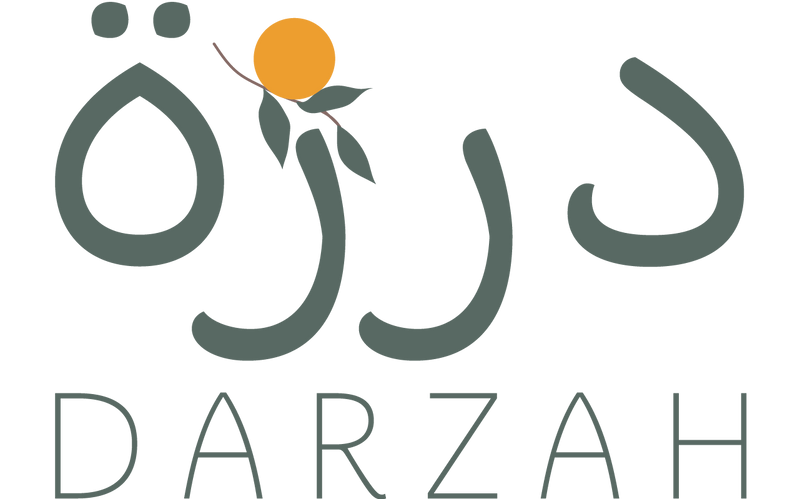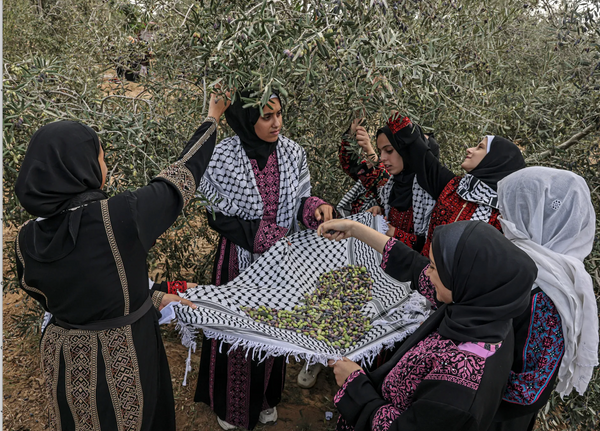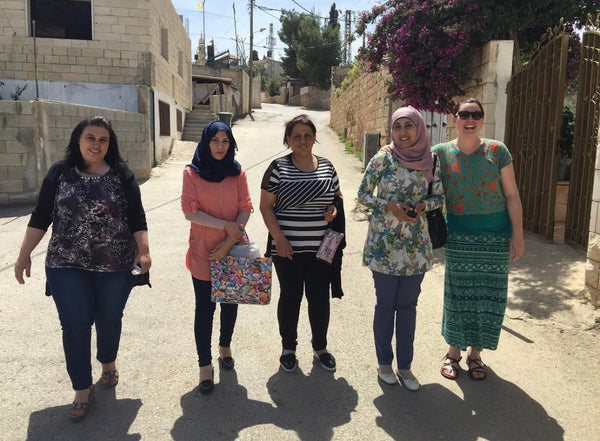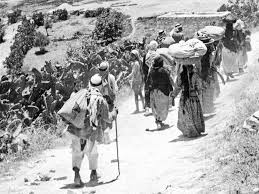Olives: A Fundamental Component of Palestinian Cultural Identity
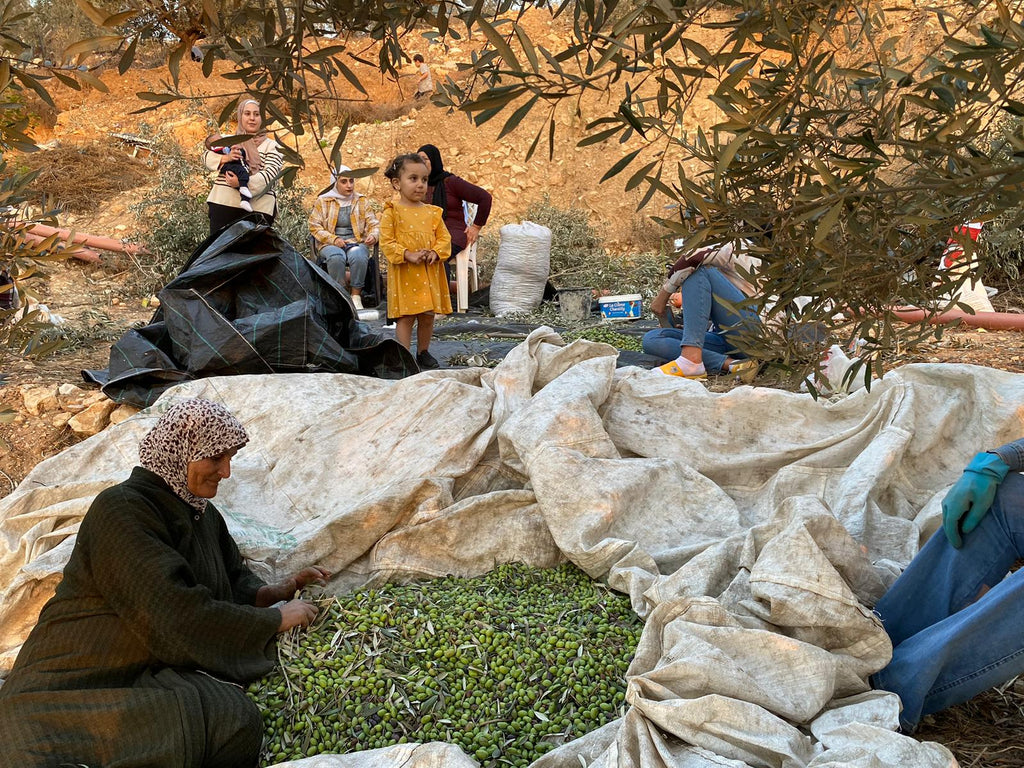
In the heart of Palestine, the olive tree is not just a source of sustenance; it represents an indelible link to the past, connecting the Palestinian people with their ancestors. The annual olive harvest season is a time of immense significance for Palestinian families and landowners alike. It's not just about gathering the precious fruit; it's a celebration of tradition, heritage, and a testament to the enduring spirit of a people. Olives, in their various forms, play a pivotal role in daily Palestinian life, serving as a reminder of their cultural roots.

The olive tree, with its remarkable lifespan ranging from 300 to 600 years, brings Palestinians closer to their forebears, their ancient ways, and the evolving narrative of their history. Some olive trees have even withstood the test of time for over 3000 years. Yet, alongside this longevity, lies the painful history of displacement and the encroachment of settlers and occupation forces on Palestinian land. Thus, the olive embodies much more than a mere fruit; it stands as a symbol of resilience in the face of adversity and an unwavering connection to Palestinian heritage.
Across the globe, various olive varieties thrive, but it's the Palestinian olives that have achieved worldwide acclaim and demand. The Palestinian olive landscape boasts several noteworthy types and species, with Baladi (Nabali), Souri (Sour), Mallisi (Malesi), and Nabali Muhassan (Improved Nabali) being the most prominent. Each of these olive varieties possesses a unique taste, color, and identity, celebrated not only within the homeland but far beyond its borders.
Olive harvesting represents far more than just an annual ritual for Palestinian families; it serves as a vital source of income, essential for their economic well-being. Olives are more than mere sustenance; they are a lifeline.

In Palestine, olives are not just consumed raw; they are versatile ingredients, and the region is renowned as the epicenter of olive oil excellence. It is here that one finds the purest forms of olive oil, including extra virgin and cold-pressed varieties. Palestinian olive oil isn't just an essential component of local recipes; it also adorns tables as a staple condiment, dip, and spread. Olives themselves are pickled and incorporated into numerous traditional dishes, such as Musakhan, Maqloobe, Simismeyeh, Mujadarah, Za'atar, and countless others.

From the youngest members of the household to the elders, Palestinians have been nurtured on olives since childhood. This annual harvest season transcends mere festivity; it is a cultural tradition deeply rooted in the Palestinian way of life. This connection to olives and the land has helped make Palestine one of the world's leading exporters of this cherished fruit. The olive tree, for the Palestinian people, remains a symbol of resilience, a testament to cultural preservation, and a tribute to the endurance of an identity intrinsically tied to the land and its fruits.
